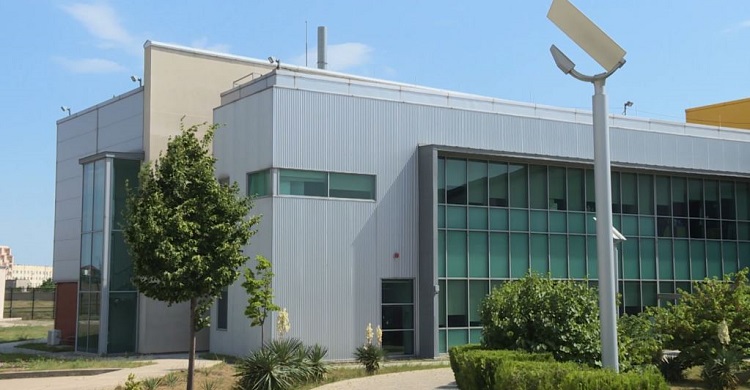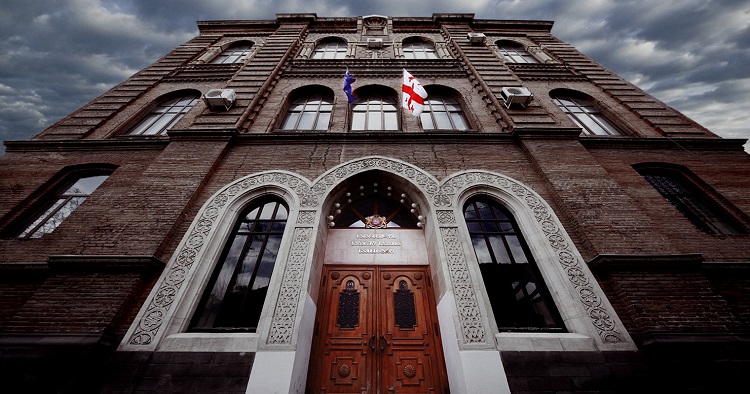Russia continues to attack Lugar Centre after Tbilisi’s repeat invitation

Russia continues to claim that the Lugar Centre is funded by the US. Christopher Furlong/Getty Images.
Russia has demanded access to all blocks and documentation of the US-built, Tbilisi Lugar Centre, and once again accused the lab of ‘conducting dangerous experiments’ following yesterday's repeat invitation from Tbilisi to receive Russian experts there.
Russia says that they want the visit ‘without the presence of international organisations, in a bilateral format.’
Russia continued to claim that the US funds 'dangerous experiments’ in the centre and ensures the security of its blocks, while the whole centre is under the full control of the Georgian government.
- Russia grills NATO, US for supporting Georgia, cites US-built Tbilisi Lugar Lab as dangerous
- Putin claims ‘alarming genetic research’ being conducted in US-built lab in Tbilisi
Russia, which occupies 20 percent of the Georgian territory, demanded access to the centre yesterday, after being invited there many times by the Georgian government and health officials.
 Georgian health official Amiran Gamkrelidze says that Russia is angry as Georgia is no longer dependent on them and that the country does not have to send samples to Russia. Photo of the Lugar Centre: RFE/RL.
Georgian health official Amiran Gamkrelidze says that Russia is angry as Georgia is no longer dependent on them and that the country does not have to send samples to Russia. Photo of the Lugar Centre: RFE/RL.
However, all the time Russia refused to take up the invitation.
The Georgian Foreign Ministry responded yesterday that what Russia says about the centre, which has played a crucial role in the fight against the coronavirus, is ‘absolutely ungrounded and false.’
The ministry said that despite having no obligation, Georgia is ready to receive a delegation, within the convention on prohibition of biological weapons, including Russian experts to the centre.
Head of Georgia’s National Centre for Disease Control Amiran Gamkrelidze also said that ‘as earlier, we are ready to receive Russian experts to the centre, we have nothing to hide.’
 The Georgian Foreign Ministry says that Russia's accusations to the Lugar Centre has nothing to do with reality. Photo: Foreign Ministry press office.
The Georgian Foreign Ministry says that Russia's accusations to the Lugar Centre has nothing to do with reality. Photo: Foreign Ministry press office.
- Georgian health official says Russia’s allegations about Lugar Lab in Tbilisi are false
- US Deputy Assistant Secretary Kent thanks Georgia for opposing Russian propaganda against Lugar Center
However, he stated that Russia uses the centre for political speculations as it is angered by Georgia’s foreign orientation.
The Lugar Centre, officially called the Center for Public Health Research, is located in Tbilisi and named after former American Senator Richard Lugar.
It became operational in 2013. The centre is part of Georgia’s National Centre for Disease Control (NCDC), under the Georgian Health Ministry.
The construction of the centre was launched in 2004 based on agreements signed between Georgia and US in 1997 and 2002.
 Tweet
Tweet  Share
Share